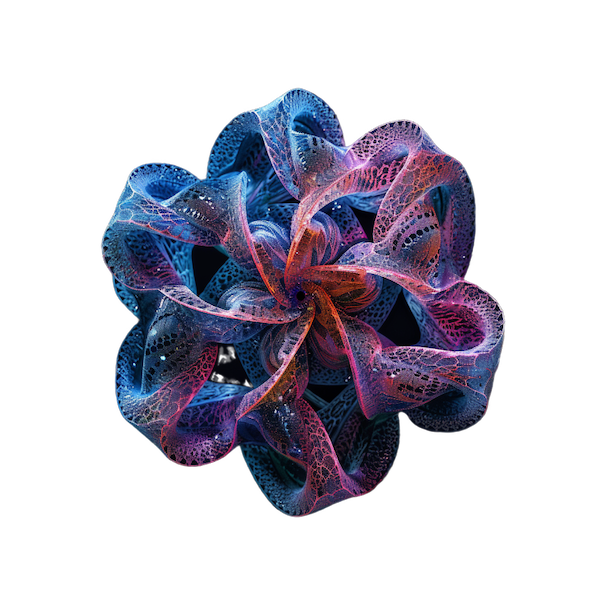
Unveiling the dynamics of urban planning and policy in the refugee camp-city space

Background
I am a third-year undergraduate student at McGill studying geography with a fascination with urban systems and issues surrounding land rights and (forced) migration. My project aims to delve into the dynamics of urban planning and policy in the refugee camp-city space in the modern era of mass migration across a multitude of continents. As many refugee camps grow and transition into city-like entities, they have visibly exhibited similar features to that of growing urban spaces (like instances of refugee camps hosting elections, starting local businesses, and residents living there for multiple decades). However, there often seems to be a lack of conventional urban planning and policy approaches, suggesting an apparent disconnect between municipal spaces and camp-cities. My goal with this project is to investigate how urban space is defined in relation to refugee-inhabited settlements, and what factors come into play in restricting refugee camps from being recognized as, and treated like, conventional urban spaces.
Blurry Cities: the perception and place of refugee camps in an urban world
My project started with looking at how urban planning fits, or how it could fit, into refugee camp-cities, which are large-scale refugee camps with urban characteristics. By the end, it resulted in an exploration into why it is that we don’t even think of urban planning in refugee camps, and why they exist as these urban spaces that are not often treated like or perceived like the other urban spaces we know. There is a disconnect between how one views refugee camp-cities and cities like Montreal – however, they both contribute to the wider world, and they have their own complex inputs, outputs, and networks. Through the progression of these ideas, I decided to label refugee camps as blurry cities, and to discuss what this term even means.






.svg)